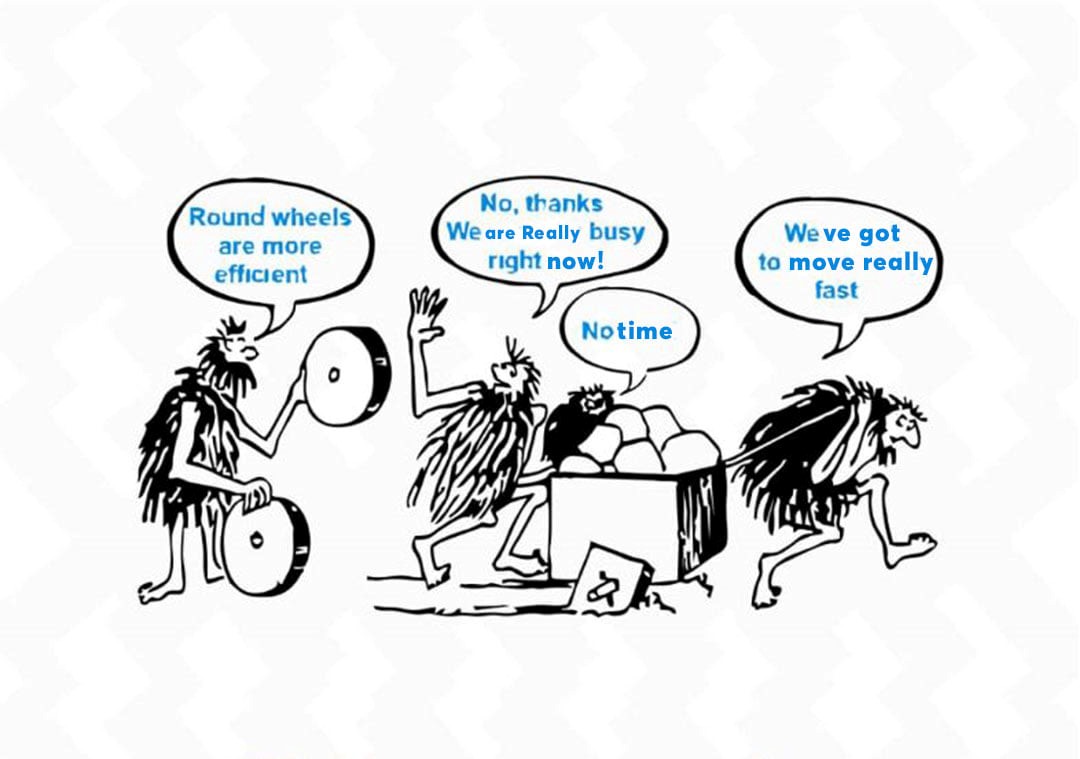The Future of Cooperative Society

Cooperative societies, also known as cooperatives, are organizations that are owned and controlled by their members, who use their resources to meet their common economic, social, and cultural needs and aspirations. The future of cooperative societies will likely be shaped by a number of factors, including technological advancements, changing economic conditions, and shifts in societal values.
One possible trend that may impact the future of cooperatives is the increasing use of technology and automation in the workplace. This could potentially lead to increased efficiency and lower costs for cooperatives, making them more competitive with traditional businesses. At the same time, it may also lead to job losses, particularly in industries that are heavily dependent on manual labor.
Another trend that may impact the future of cooperatives is the ongoing shift towards sustainable and environmentally-friendly practices. Cooperatives have a long history of promoting sustainable business practices and may be well positioned to lead the way in this area. As consumers become more conscious of the environmental impact of their purchases, cooperatives that prioritize sustainability may see increased demand for their products and services.
Finally, changes in societal values and attitudes towards work and business may also have an impact on the future of cooperatives. For example, there may be a growing trend towards worker-owned businesses and cooperatives, as people seek greater control over their working conditions and a more equitable distribution of wealth and power in the workplace.
Overall, the future of cooperative societies is uncertain and will likely be shaped by a complex interplay of technological, economic, and societal factors. However, with their focus on democratic decision-making, community-based values, and shared ownership, cooperatives have the potential to play a vital role in shaping a more equitable and sustainable future for us all.







